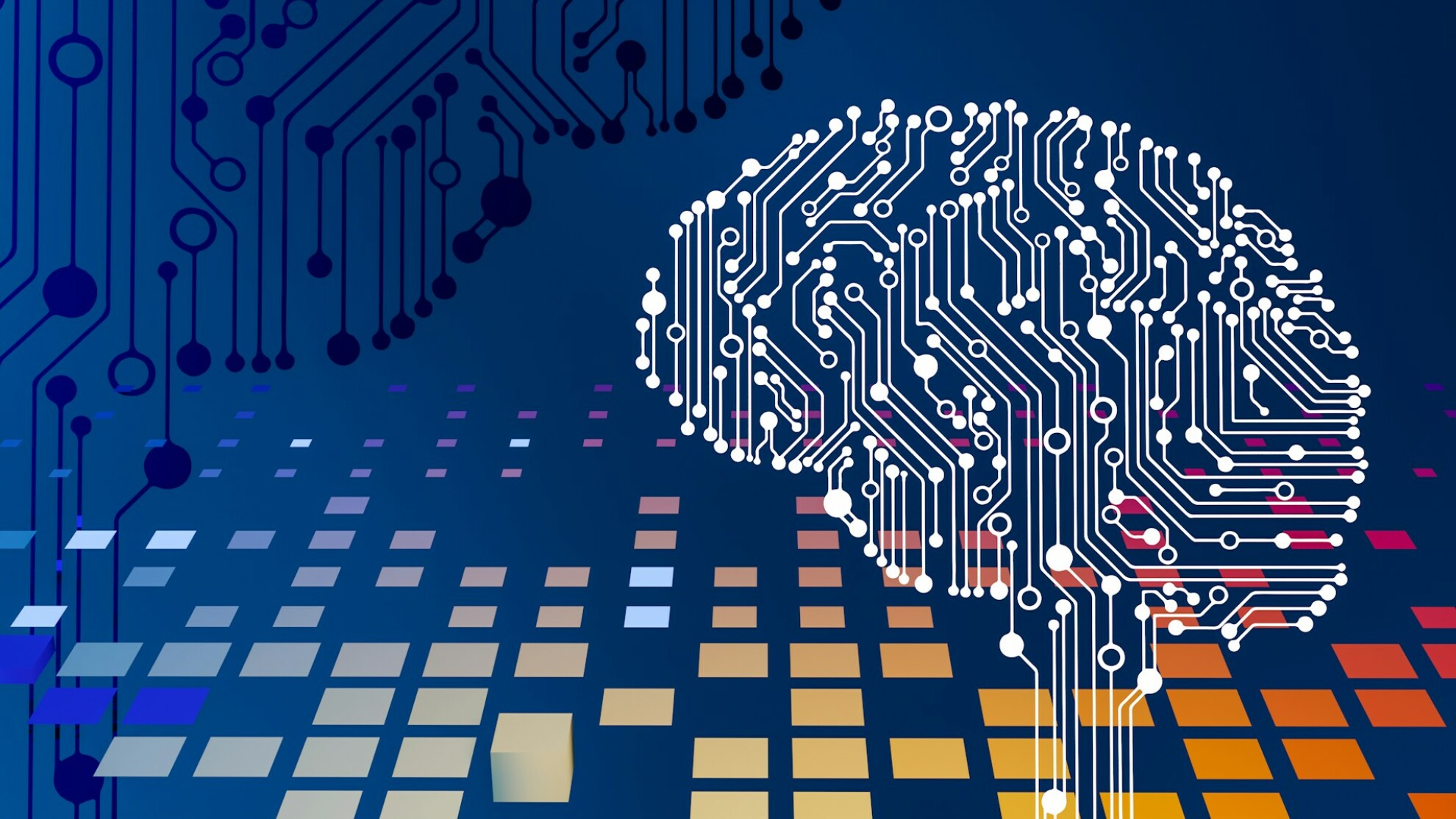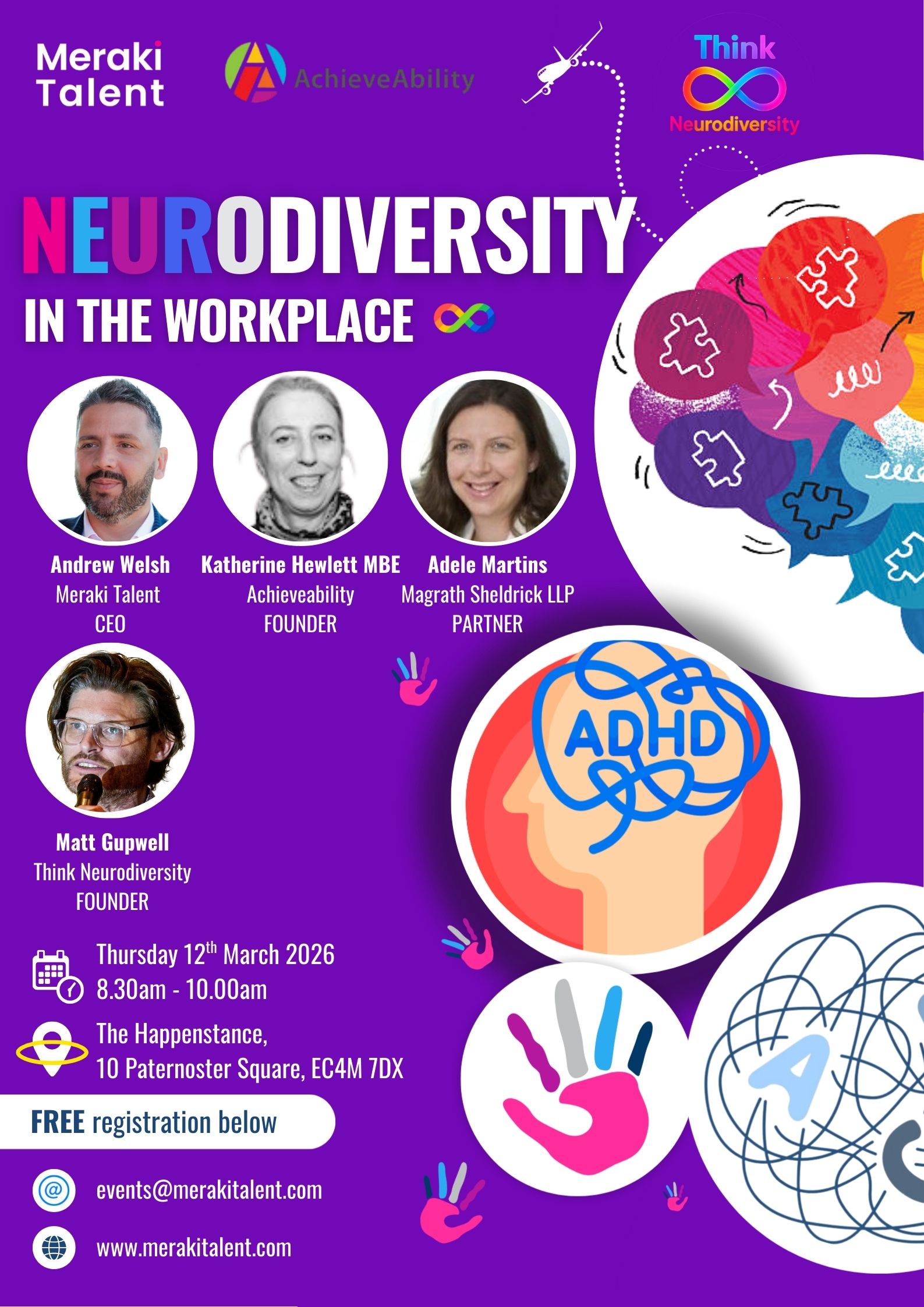
Will AI take my job in 2025?
| 09/12/2024
As 2025 approaches, many of us are thinking about a fresh start in the new year—but for some, the question isn’t what job to pursue, but whether AI might pip us to the post.
A CNBC|SurveyMonkey Workforce Survey revealed that a quarter of workers (24%) are worried AI will make their jobs obsolete. There’s even an aptly named website, Will Robots Take My Job? where you can input a job to see the likelihood of AI taking it over.
The rise of AI will destroy and change jobs but create new ones! It will reshape careers and open doors to unforeseen opportunities. This impact will span industries, from tech to HR and accounting to finance.
New roles in an AI world
As AI technology evolves, it reshapes the job market, presenting opportunities and significant challenges. Chances are, when you were at school, a social media manager wasn’t a job title, nor was a data or cybersecurity analyst.
AI’s impact on tech jobs
While the tech sector is robust, the industry hasn’t been without job cuts and mass redundancies. Real-time figures from tracker layoffs.fyi reports that over 149,416 employees were laid off from 522 tech companies by December 2024. While AI may automate some routine tasks, it also opens up new opportunities.
AI’s influence on IT jobs in 2025
AI will influence IT tech jobs in 2025. Expertise in AI, machine learning (ML), and data analytics is becoming critical, reshaping the job market for 2025.
Generative AI, large language models (LLMs), advancements in ML, and natural language processing (NLP) change how we work. These technologies create content, generate insights from complex data, translate languages, and make complex decisions. Their versatility has implications for jobs and the future of work. IT professionals who adapt and learn these skills will be in high demand. Tech jobs involving repetitive tasks like data entry and basic coding might decline.
Tech roles reshaped by AI
Generative AI is reshaping job requirements and creating new tech roles, including:
- Head of AI
- Machine learning engineer
- Data curator
- AI ethicist/ researcher
- AI protection/ solutions analyst
If you understand how AI can solve problems, you’ll be invaluable. Employers value candidates with AI skills as they can help drive organisational success and growth.
AI’s impact on accounting and finance jobs
AI has transformed accounting and finance. AI can automate accounting tasks, making accountants more efficient and giving them time to focus on analysis and decision-making. AI automates routine tasks, including data entry, reconciliation, and basic auditing. It enables accountants to focus on high-value activities like advisory and strategy.
AI is not a threat to accountants but an opportunity to augment their skills and roles. Accountants who embrace AI can gain a competitive edge. AI can increase productivity, so accountants can focus on value-added tasks that need human intelligence. This includes:
- advising and consulting
- problem-solving
- relationship-building
AI helps accountants with expense automation, income tracking, fraud detection, data, and financial forecasting. AI tools can enhance decision-making by providing deeper insights from data. Yet, human oversight and expertise are still crucial for nuanced tasks and critical decision-making.
Adapting to the changing landscape
Accountants must adapt to the changing roles and skills. According to the World Economic Forum, some of the skills that will be in high demand in the future are:
- technology skills
- soft skills
- business skills
Thanks to AI, accountants will need data analysis skills to inform critical decision-making. Chartered accountants with AI knowledge will be well-positioned to adapt to changes in their practice or business.
Emerging roles in AI-driven finance
As AI transforms the finance industry, new job roles emerge. These include:
- AI Financial Analyst – Uses AI to analyse data, predict trends, and provide insights for decision-making.
- Algorithmic Trader – Develops and implements trading algorithms powered by AI.
- Data Scientist (Finance) – Uses AI and ML to analyse datasets and extract insights.
- AI Risk Analyst – Identifies and mitigates risks using AI-driven models to assess market conditions and risks.
- AI Compliance Officer – Ensures AI applications in finance adhere to regulatory standards and ethical guidelines.
- Financial Automation Specialist – Develops and manages AI-driven automation processes.
- Credit Scoring Specialist – Uses AI and ML to improve credit scoring models and assess creditworthiness.
AI’s impact on HR jobs
Automating routine administrative tasks, like CV screening and interview scheduling, enables HR professionals to focus on the strategic aspects of talent acquisition. With a high demand for skilled talent, AI can speed up the process.
AI and candidate experience
AI can improve the candidate experience. AI can build a holistic and integrated platform that connects the talent lifecycle, from attraction to retention. AI could help create an engaging and personalised candidate experience.
Skills for HR professionals
Key skills and competencies that HR professionals need include:
- technical understanding
- data literacy
- legal and ethical implications
The human-AI recruitment balance
According to a LinkedIn study, 76% of recruiters believe AI will impact their talent acquisition.
Using AI in recruitment and HR could reduce empathy and reasoning. AI lacks the human intelligence and judgement needed to assess qualities including emotional intelligence and potential. Human interaction and assessment remain critical in evaluating a candidate’s suitability beyond what AI provides.
The future of hiring
The future of hiring lies at the intersection of human expertise and AI-driven insights. While AI is reshaping recruitment by optimising efficiency, reducing bias, and enhancing candidate experiences, close attention must be paid.
Key takeaways
- Adaptation is key: All professionals must stay updated with the latest AI trends and get relevant skills.
- Human touch remains important: While AI can handle many tasks, human expertise and emotional intelligence are irreplaceable in many areas.
- New opportunities: AI can create new job roles and enhance productivity, leading to more strategic and analytical work.
Final thoughts
AI can perform many tasks faster and better than humans but cannot replace the human touch. Soft skills are essential for building trust, rapport, and stakeholder loyalty. With emerging skill needs, upskilling now is key to getting ahead in the new year.
Find out what jobs Meraki Talent has on offer.
